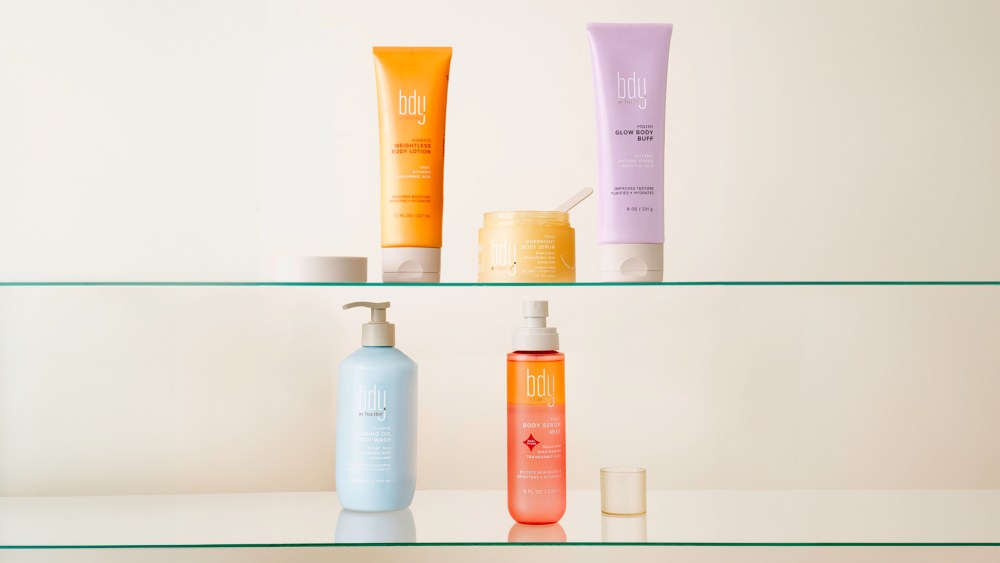Naterra International Inc. is poised to expand its influence in the body care market with the launch of its new brand, Bdy, complementing its already popular Tree Hut line and the Baby Magic brand. This initiative marks a significant step for Naterra as it aims to introduce multiple new brands by 2030, underlining its ambition to cater to a diverse consumer base. Bdy is set to launch on June 8, both direct-to-consumer and in Ulta Beauty stores, making it accessible to a wide audience eager for innovative body care solutions.
One of the driving forces behind Bdy’s creation is Naterra’s understanding of the evolving body care needs of consumers. While Tree Hut has successfully captured the youthful spirit of Gen Z and Gen Alpha with its fun, uncomplicated formulas and appealing scents, there’s a burgeoning market of older consumers seeking more sophisticated and complex skin care solutions. As Luis Garcia, Naterra’s chief marketing officer, puts it, “We’ve discovered there are consumers who want a more elevated skin care routine.” Bdy aims to bridge this gap, offering higher-quality products that align with the sophisticated routines of more mature consumers.
The initial product lineup for Bdy includes five innovative items, such as a Foaming Oil Body Wash and a Weightless Body Lotion, each priced at $20, alongside a $29 Overnight Body Serum and two additional products priced at $26. The formulations boast an array of effective ingredients, including glycerin, salicylic acid, and tranexamic acid, designed to cater to skin care needs that go beyond basic cleanliness and hydration. This thoughtfully curated product range reflects a commitment to providing consumers with the elevated experience they desire.
Naterra’s strategy for Bdy will leverage the social media marketing tactics that have propelled Tree Hut to prominence. The brand has garnered significant attention during the pandemic, especially among younger audiences engaged in the #ShowerTok trend on platforms like TikTok, where users showcase intricate body care routines. Tree Hut’s follower count has skyrocketed to 2.1 million on TikTok, and the brand has seen its annual sales leap from around $40 million in 2019 to nearly $400 million today. Garcia anticipates that Bdy could generate approximately $15 million in revenue in its inaugural year, as the brand aims to reach that older Gen Z and Millennial demographic with a fresh approach to body care.
Bdy’s product scents will make a distinctive mark, as Garcia highlights the importance of scent in driving consumer interest. Unlike Tree Hut, which features a variety of scent profiles, Bdy will adopt a signature bergamot and musk combination across its product line. While the brand plans to follow a slower release schedule for new products—typically one or two limited-edition drops per year—this deliberate pacing is intended to build anticipation and maintain consumer interest over time. Such strategy signifies a matured approach to product marketing, catering to the tastes and preferences of an older audience.
Looking to the future, Naterra aims to establish a robust portfolio of brands, targeting an ambitious revenue goal of $1 billion by 2030. The company plans to introduce between seven to ten brands, suggesting potential entries into the prestige beauty market and innovation tailored for younger generations. As Naterra broadens its horizons across diverse consumer age groups and preferences, Bdy represents a pivotal attempt to tap into the more sophisticated body care market, carving out a niche for consumers who desire quality products that reflect a deeper understanding of skin care. This trajectory not only highlights the brand’s strategy but also underscores Naterra’s commitment to innovation and growth within the beauty industry.

